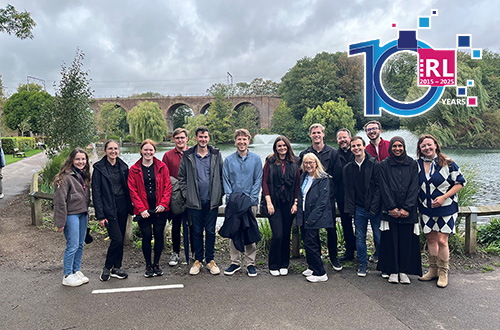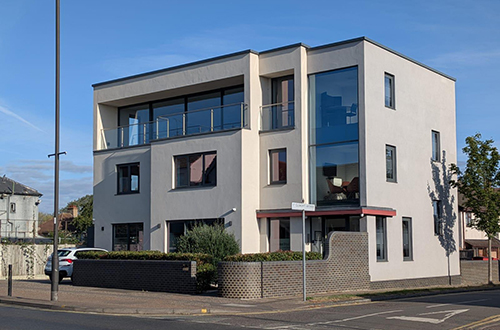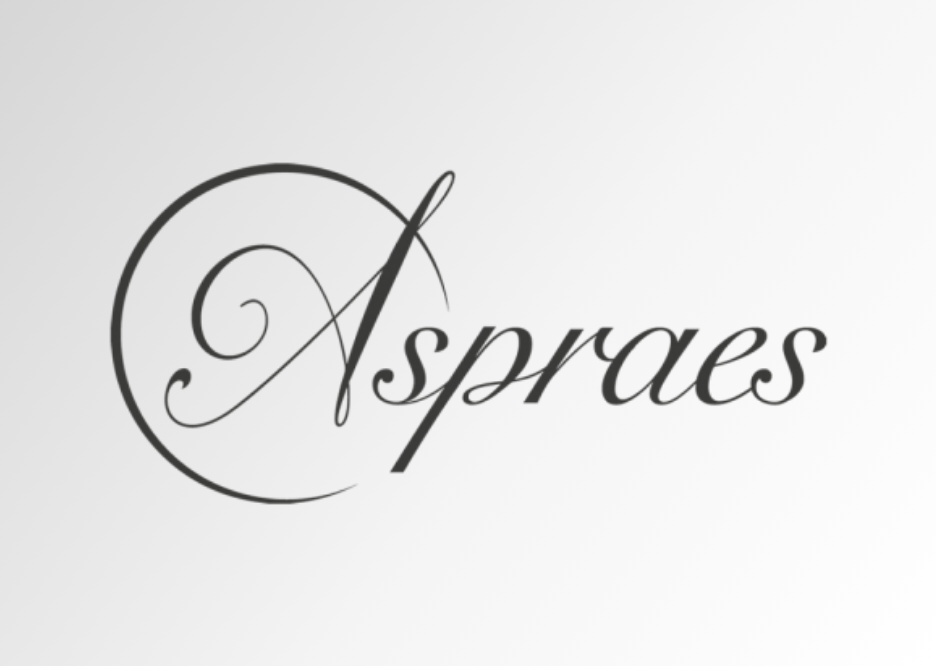There's still time to protect your business from Inheritance Tax changes
Farmers have taken to their tractors and descended on Westminster in protest against the proposed restrictions to Agricultural Property Relief (APR) and Business Property Relief (BPR). What may have been less obvious to readers is that these changes will impact far more than farmers.
BPR is claimed by business owners to pass on trading assets, such as shares in a trading company or an interest in a partnership, in lifetime or via their Will on death.
The current rate of BPR is 100% meaning that shares in a family trading business pass to beneficiaries without an Inheritance Tax (IHT) charge. Additionally, assets gifted on death qualify for an uplift to market value for Capital Gains Tax (CGT) purposes meaning that your beneficiaries pay no tax on the sale of the inherited business.
All change
From 6 April 2026 the 100% rate of BPR is restricted to the first £1m of value, with the excess subject to IHT at 20%.
As a result of this change the IHT due on the death of a successful entrepreneur owning a business worth £20m will increase from £0 to £3.8m (ignoring spousal exemptions and assuming the nil rate band is used elsewhere).
Potential funding nightmare
Without significant liquid assets outside of the business funding an IHT liability will place financial pressure on both the beneficiaries of the estate and the business.
Whilst it’s possible to pay the IHT interest-free over 10-years, it is important to note that it is the beneficiary’s liability. If funded by distributions from the business then this will be done out of taxed profits, and beneficiaries may also face tax on dividends at a rate of up to 39.35%.
It becomes easier to fund the liability if the business interest is sold either externally or to other non-related owners. The CGT uplift on death still applies ensuring no additional tax liabilities in funding the IHT liability but this isn’t helpful in family business situations where it is intended that the business is to remain in the family for future generations.
With 100% BPR, it is not necessary to consider how IHT will be funded but this will now need to be a key consideration in estate planning for business owners.
Time to re-consider succession planning?
For those who are keen for a business to remain in the family for future generations it should still be possible to plan to achieve this and there are a number of options to consider.
Shares can be gifted to your Children, or into Trust for future generations, before 6 April 2026, whilst BPR is still at 100%. Although it is important to consider that the restricted relief will apply if you die after this date but within seven years of the gift, your Children will also miss out on the CGT uplift that they would have received if receiving the shares on your death.
Another option would be to calculate the potential IHT exposure and take out a whole of life assurance policy to protect against this.
Finally, the £1m BPR limit will not be transferrable between spouses, it is therefore necessary to consider whether shares are best owned jointly, and that Wills are drafted correctly to ensure that married couples benefit from two £1m allowances.
This article was published in the Summer 2025 edition of Essex Director Magazine .
If you have any questions about the above, or would like more information specific to your circumstances, please enter your email address below and we will get in touch:
















